Winter Holidays
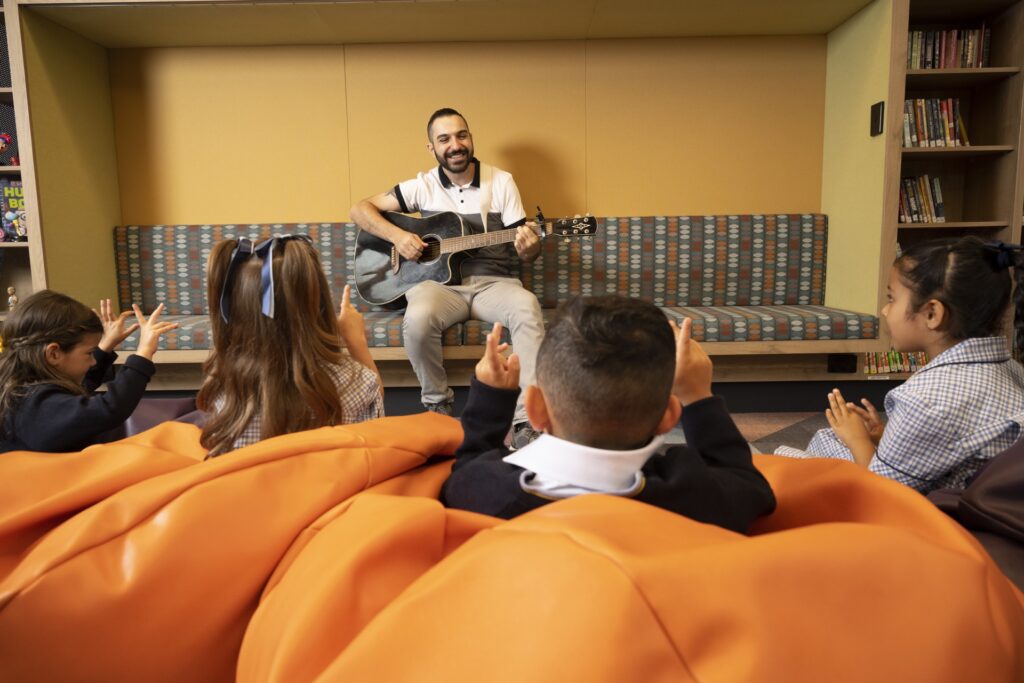
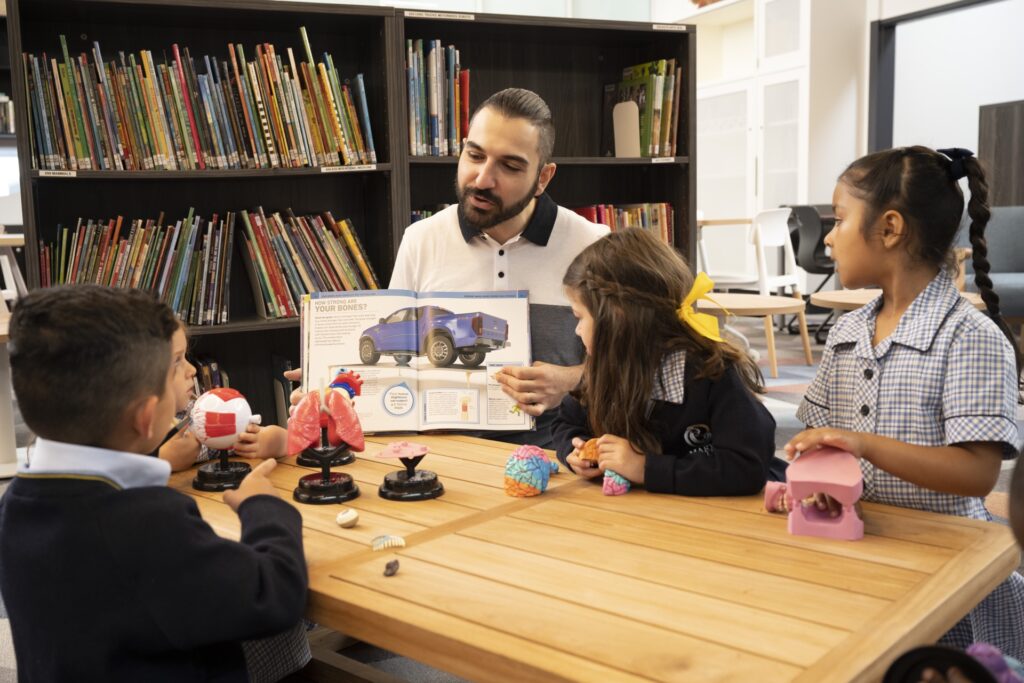
Dear Families,
The colder weather has certainly set in and Melbourne’s Winter is delivering its best! It has been great to see many of our children wearing their school beanie and scarf, great ways to keep warm in the outdoors. Whilst we will always ensure the children are inside for wet weather, where possible having them play and explore outside in all weather conditions is great for their growth, development and acts as a brilliant way for them to burn energy. With this in mind, please ensure children always have a coat, scarf and or beanie with them for outdoor play.
In this Issue: |

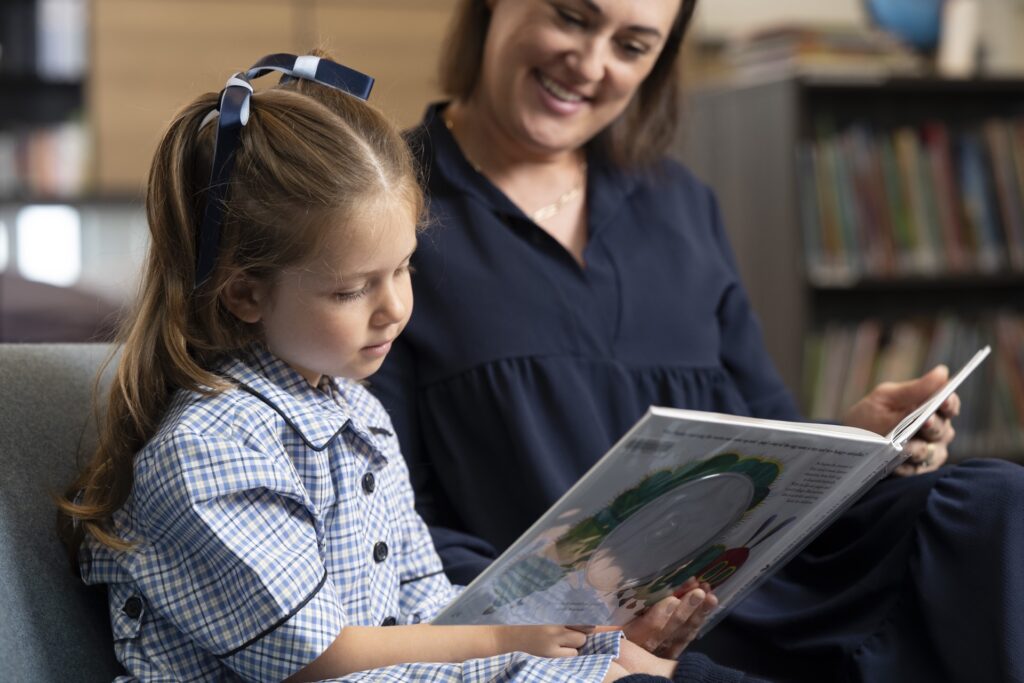
This coming Sunday our Year 4 students will celebrate their First Eucharist. Please keep the following children and their families in your prayers as they are welcomed to the table of the Lord for the first time.
Chloe B
Temika L
Christiano M
Aleisha B
Marc Y
Maria Y
Isabella P
Adam B
We invite all Mary Queen of Heaven families to join this celebration at Mass 3:00pm Sunday 16th June – Good Shepherd Church Gladstone Park.
Lord Jesus,
Bless the children coming forward to receive Holy Communion for the first time. May this day be an initial step into a life-long love of the Eucharist. Give them a hunger for this sacred food so that they turn to You for comfort, guidance, and wisdom as they grow into full discipleship.
Amen.
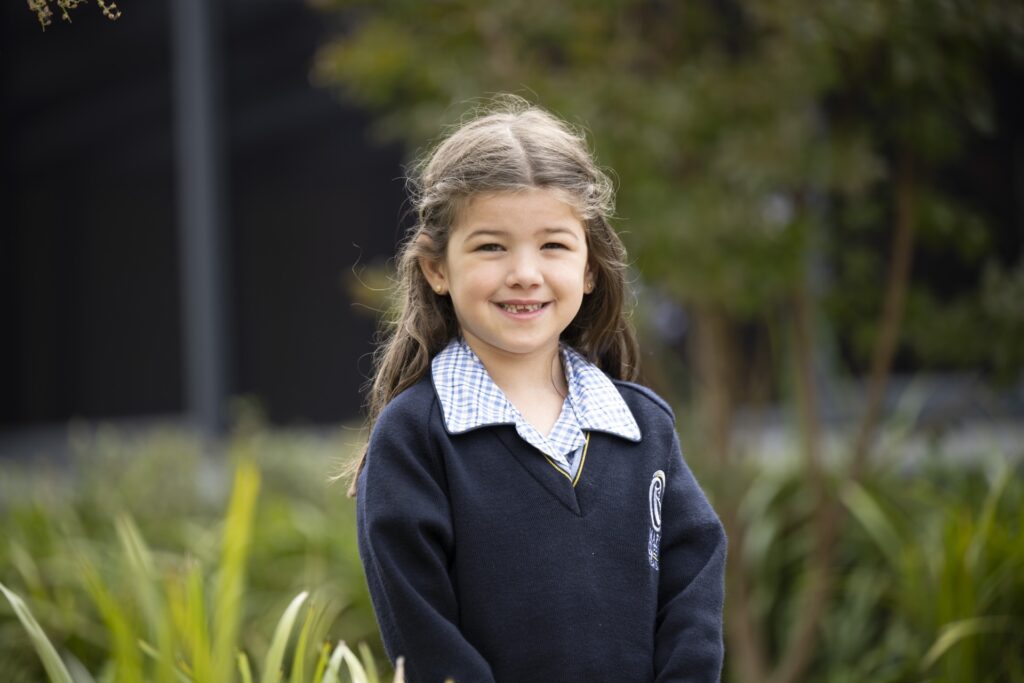
Our year 5/6s are getting very excited about their upcoming Winter Camp experience. Tomorrow, Felicity, Dani and Rachel will be accompanying the 5/6 group to Lake Mountain high country where they will experience snow and engage in some snow games and play. In our next newsletter we will have so much to share about their experience.
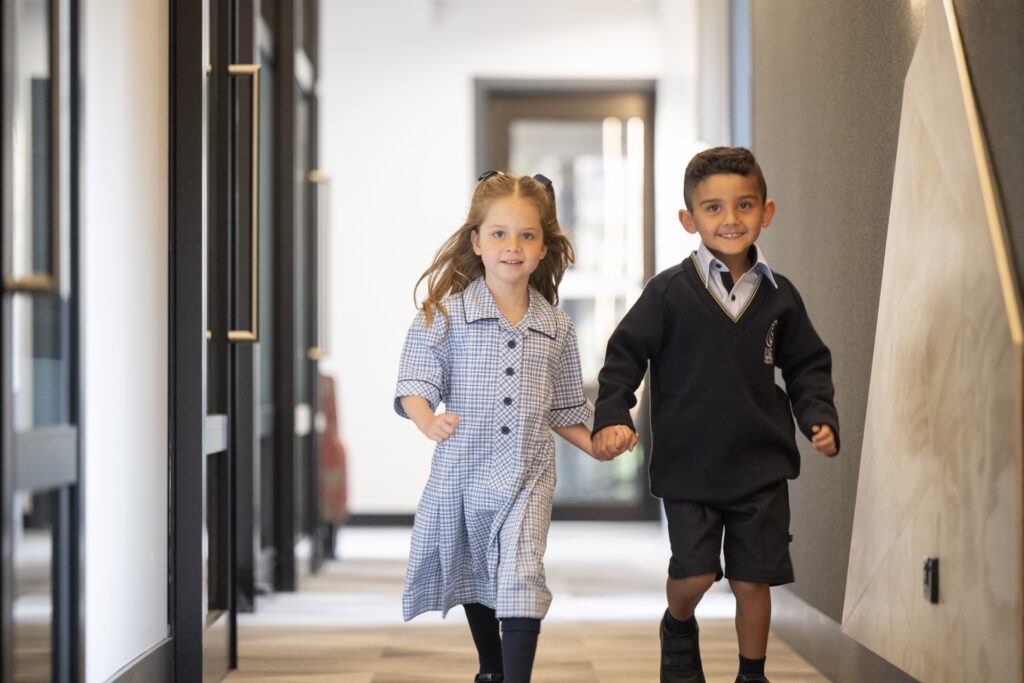
Right now, over 900 critically ill children are waiting for their wish. Our Social Justice leaders wanted to do something to support these children and the needy in our community. On the last day of term 2 our students are encouraged to wear Pyjamas to school and bring a gold coin donation for the ‘Make a Wish’ Foundation. This special Pyjama day is a great way to raise money for this incredible organisation and a beautiful way to celebrate the end of our Winter Warmer appeal – providing food to the hungry in our community.
Prep- Pasta or Rice
Year 1- Tinned Vegetable
Year 2- Tinned Fruit
Year 3/4- Long Life Milk
Year 4/5/6- Spreads (Vegemite, Peanut Butter, Jam)
Please bring in items listed above and encourage family and friends to do the same. How blessed our our children that we are modelling community initiatives such as this to help develop their sense of social justice in our world.
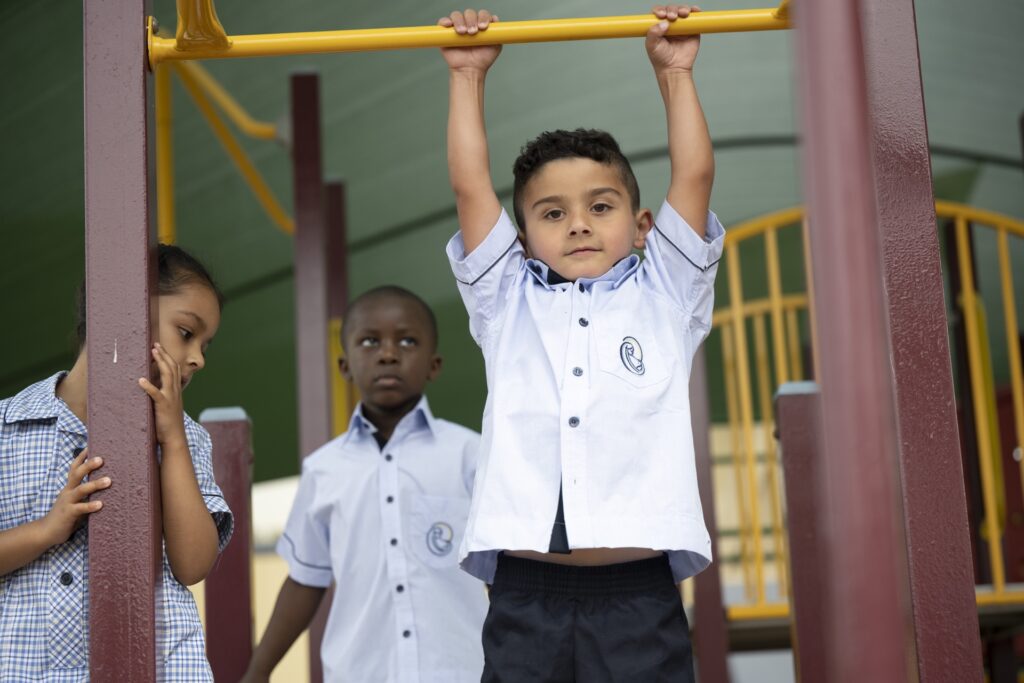
In recent weeks our staff have been engaging in professional learning to bring to life the MACS publication Vision for Instruction- Flourishing Learners Position Statement. We have been exploring our High Impact Teaching strategies and unpacking approaches such as the Science of Learning. We remain committed to an approach that is students centred and needs based. All of our learning and teaching is tailored to the needs of our learners and based on data collected.
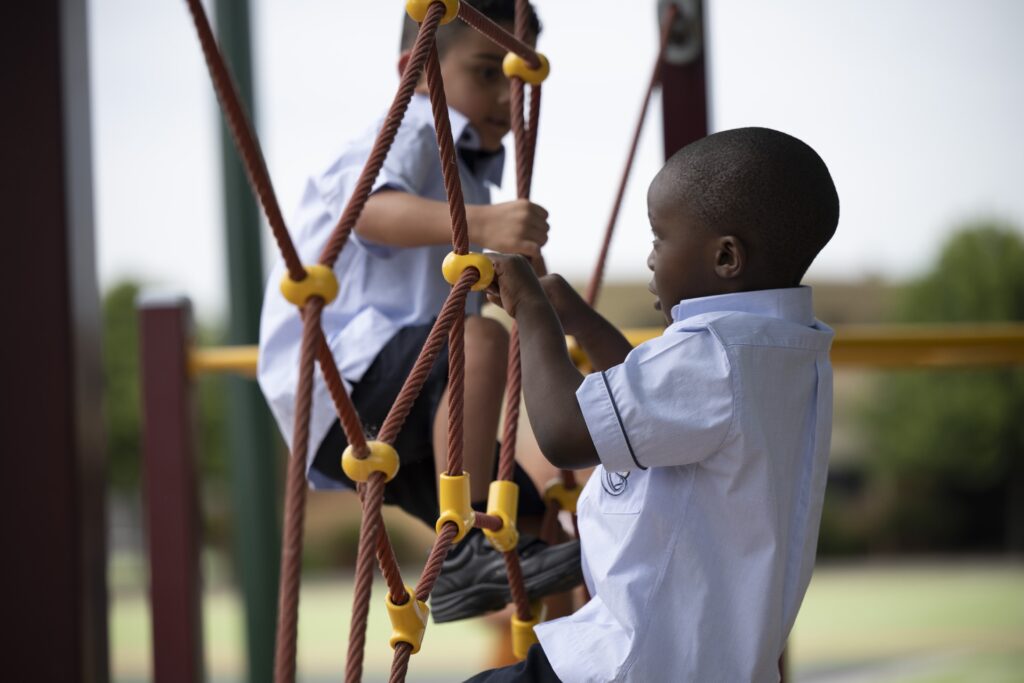
Reading with your child and reading to your child
Welcome to another SPS Speech Box for 2024. This Speech Box discusses reading with your child and offers some strategies you can implement at home to improve your child’s reading development.
Reading with your child and reading to your child
The reading practice your child gains from reading the books they bring home from school every night is invaluable for their reading development. Some strategies that you can implement at home to support your child’s reading while they read to you include:
Discussion ideas when you are reading with your child:
Along with reading with your child, it is also good practice to read to your child. Researchers Mol and Bus (2011) found that shared book reading can “Facilitate children’s language, reading, and spelling achievement throughout their development”. Bedtime stories, where a book or part of a book is read each night, encourage children
to engage with books and build vocabulary and language skills.
References Mol, S. E., & Bus, A. G. (2011). To read or not to read: a meta-analysis of print exposure from infancy to early adulthood. Psychological bulletin, 137(2), 267–296. https://doi.org/10.1037/a0021890 Hempenstall K (2016) Read about it: Scientific evidence for effective teaching of read
Science of Reading
Staff Professional Learning: Enhancing Reading Instruction with Dr. Lorraine Hammond
Our dedicated teaching staff recently had the privilege of participating in a professional learning session led by the renowned Dr. Lorraine Hammond. This insightful session focused on the Science of Reading, aligning perfectly with the Melbourne Archdiocese Catholic Schools (MACS) ‘Vision for Instruction’. Dr. Hammond’s expertise and practical advice have equipped our educators with powerful strategies to enhance reading instruction, emphasising explicit teaching, daily review, and the application of high-impact teaching strategies.
Key Components of Effective Reading Instruction
Dr. Hammond emphasised the importance of breaking down complex reading skills into smaller, more manageable parts. This approach ensures that students can grasp each component before moving on to more advanced concepts. By sequencing lessons in a logical order, teachers can build a strong foundation of understanding. This method not only facilitates easier comprehension but also boosts students’ confidence as they master each step.
Active participation was highlighted as a crucial element in effective reading instruction. Dr. Hammond demonstrated various techniques to keep students actively involved in the learning process. By ensuring that students are continuously engaged, teachers can maintain high levels of interest and motivation, which are essential for effective learning.
Another critical strategy discussed was the importance of continuously checking for understanding. Dr. Hammond shared that teachers should frequently assess whether students have grasped the material through informal checks like questioning, and student feedback. If students struggle with a concept, immediate reteaching and practice are necessary to ensure they do not fall behind. This responsive approach helps identify and address learning gaps promptly, ensuring that all students progress together.
Moving Forward with High-Impact Teaching Strategies
The professional learning session with Dr. Hammond was an invaluable experience for our staff. The practical strategies and insights gained are already being implemented in classrooms, promising a transformative impact on our students’ reading abilities. By adhering to the MACS ‘Vision for Instruction’ and integrating high-impact teaching strategies, we are committed to providing our students with the highest quality education.
Our journey towards excellence in reading instruction is a continuous one, and with the tools and knowledge from this professional learning session, we are more equipped than ever to guide our students towards literacy success. We look forward to witnessing the positive outcomes of these strategies in our students’ reading proficiency and overall academic achievement.